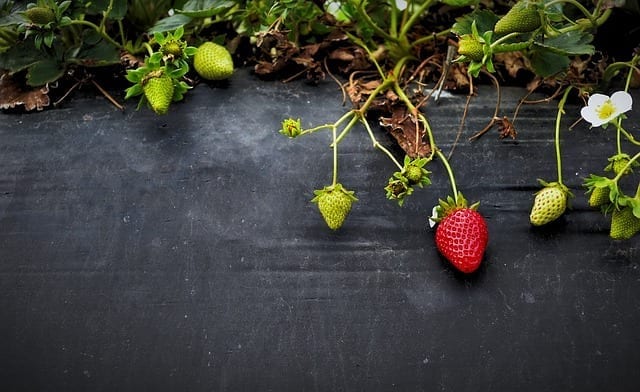
Lifestyle
Is Buying Organic Really Worth It?
We’ve all walked through the aisles of our local grocery stores and come across the big bold letters “organic” proudly displayed across all sorts of products. You check the price. It’s definitely more expensive than any non-organic options you see. So what’s the difference? Is it worth buying? Let’s take a look at this issue.
Organic foods are classified as being grown and processed in the U.S. according to strict federal national standards set by the U.S. Department of Agriculture. To meet these standards, organic crops must be produced without using conventional pesticides, synthetic fertilizers, bio-engineering, or other means of unnatural production. All organically raised animals must have been given natural feed and raised without any hormones and antibiotics. All foods with a “USDA organic” means it contains at least 95 % organic ingredients and was approved by a government-expert who inspected the farm where it was grown to ensure it met these standards. 
Organically grown foods certainly contain fewer pesticides than non-organic foods, but this does not mean they are completely free of any pesticide residue. While the amount is well below safety standards set by the Environmental Protection Agency, there are very few studies that have been able to ascertain any long-term health effects that these small doses of pesticides could have.
Another aspect needed to be considered is that plants are made to protect themselves from any outside threats using their very own natural pesticides. Organic crops typically have to deal with more pests than conventional crops, which means these plants produce more natural toxins. While these toxins are usually eliminated once cooked, there is a greater risk associated with organic foods. Organic crops are also planted using manure fertilizers, which run the risk of containing harmful bacteria like E. coli.
When it comes to nutrition, there isn’t a clear answer as to whether organic is better for you. Several studies have shown that organic crops produce higher levels of vitamins and antioxidants. These differences, however, are so minute that it is difficult to tell if they have any significant impact on our bodies.
This leads us to our overall question: Is buying organic really worth it? The easy answer is yes. Consuming organic foods lower your overall exposure to harmful pesticides by a considerable amount. Another benefit of buying things that are organic is that you are contributing to the overall health of the environment. Mass commercial farming using conventional methods involves large amounts of pesticides, which can accumulate and harm the environment over a long period of time.
There are certain foods that are typically sprayed with more pesticides than usual, so it may be best to pick the organically grown options for the followings items:
- Spinach
- Apples
- Strawberries
- Lettuce
- Corn
- Green beans
- Peaches
Buying organic has its benefits, but this shouldn’t mean you forgo non-organic options just to save your money so you can afford more expensive organic items. Any diet rich in vegetables, whole grains, and lean meat is considered much more beneficial than eating processed foods.


1 Comment